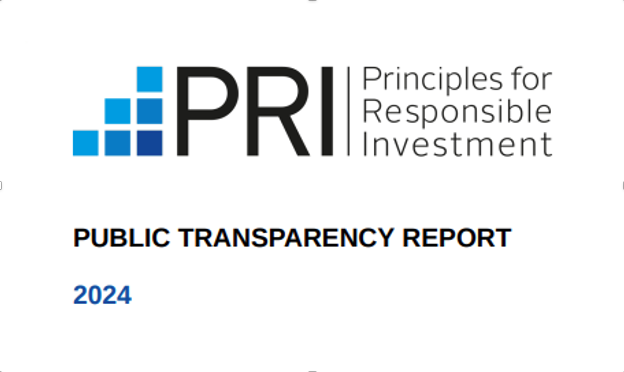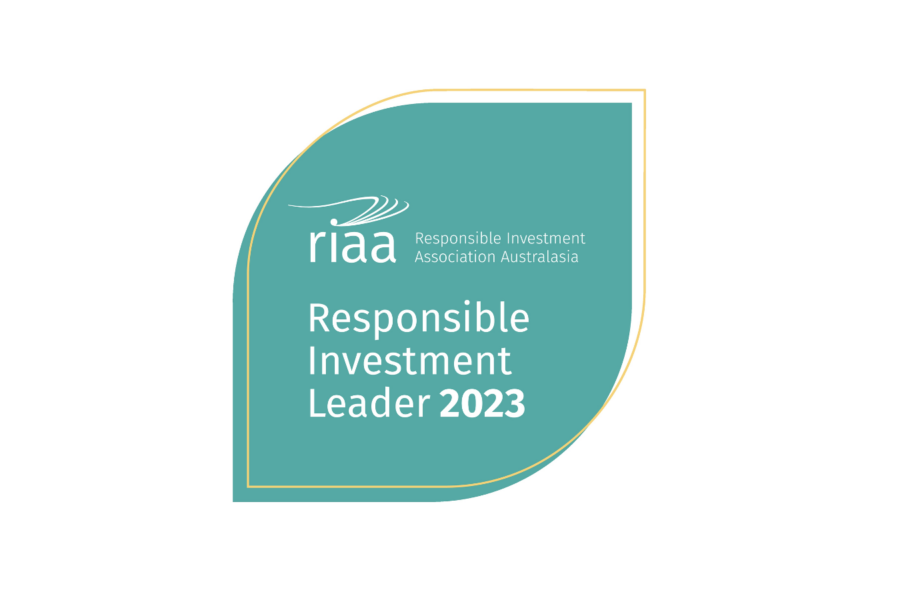The benefits of regular and long-term engagements
How we engage
At Resolution Capital as active owners and stewards of our investments, engaging with our investee companies provides our investment team an opportunity to share our investment philosophy, corporate governance values and potentially make a positive contribution to the operations of the companies. It also provides an excellent opportunity for us to gain a deeper understanding and potentially different perspectives of how a company operates than could otherwise be gained from public disclosures alone.
Each year Resolution Capital has a formal engagement program where we communicate with companies on specific topics that are intended to progress a company’s ESG performance in line with the principles outlined in our Responsible Investment, Proxy Voting and Engagement policies. To maximise the effectiveness of our engagements we use our proprietary ESG database to identify companies that are lagging in specific areas where we are in greatest need of additional clarity from the company. These topics have included:
- ESG disclosures;
- No, or low, GRESB1 scores;
- No, or insufficiently ambitious, carbon reduction targets; and
- Year on year deterioration of ESG performance.
Climate risk has been identified as a key risk in the portfolio. In the last two years we have engaged with companies on the following topics to ask about their decarbonisation plans and how they are assessing their physical climate change risks, as well as how they address Modern Slavery and human rights related risks in their supply chains. Specifically, we have asked whether companies are:
- Setting carbon reduction targets that are aligned with the Paris Agreement, and whether Scope 3 emissions are being assessed in these targets;
- Undertaking climate change risk assessments in line with TCFD2 recommendations; or
- Identifying areas of their supply chains with heightened exposure to human rights related risks and actions taken to mitigate those risks.
Once we have identified the companies that need these targeted engagements, we have discussions with company management and their sustainability teams to address our concerns and determine whether this lagging performance could be caused by a gap in the company’s strategy or poor disclosure and communication of the company’s sustainability efforts.
In order to keep companies accountable and to gauge whether there has been progress, we have follow up meetings 6 – 12 months after the initial engagement meeting. In these follow up meetings we discuss any progress made and action items agreed with the company to determine whether there is sincere effort being made. In the event our investment team is unhappy with the direction of progress we have several levers to further hold the company accountable, using proxy votes to vote against directors, particularly those on Nomination Committees, to apply further pressure. In extreme cases where we don’t see a way forward or see sufficient commitment from a company, we may consider divesting from that company. However, given that once we have exited an investment we no longer have “a seat at the table” to push for change, this is something that only occurs in rare cases.
Case Studies / Examples of successful ongoing engagements
Two examples of company engagements over the last three years that show the benefit of longer term and regular engagements, especially with those companies that are lagging on ESG performance: Terreno (a US based Industrial REIT) and Urban Edge (a US based Retail REIT). These companies were both identified for engagement due to low levels of ESG disclosures, no GRESB scores and no carbon reduction targets.
Terreno
Terreno was first engaged in 2019 on ESG grounds because they had very limited publicly disclosed ESG information and no dedicated sustainability team. We had identified that the company had very good governance protocols relating to shareholder rights and anti-takeover provisions, but their sustainability initiatives and disclosures were considered below par. Our initial discussions indicated the company had a willingness to improve, although there was some reluctance to measuring emissions given the tenants are mostly responsible for energy supply contracts and hesitancy in ESG scoring such as GRESB given the relatively small size of the company and the resourcing required to participate. We made it clear to the company that we viewed measurement and scoring as critical and suggested using external consultants to assist with the resourcing requirements.
We followed up with Terreno’s management in 2020, again encouraging them to disclose carbon reduction targets and to report into the GRESB assessment framework. At this time the company was already looking into reporting to GRESB and they also mentioned that while some peers were installing onsite solar generation systems, installing solar generation on their older vintage buildings was more challenging given the roof age and building structure not being fit for solar panels.
By 2021, Terreno had reported into the GRESB assessment and although their initial score was one of the lowest in the Industrial REIT peer group, companies often score lower than they should as they become accustomed to the reporting framework, so this low score is not uncommon at that stage. Starting the reporting process was a significant step in improving their ESG disclosures and policy framework.
In the 2022 GRESB results, Terreno had significantly improved their performance and relative positioning from one of the lowest scoring companies in their peer group up to just below peer average. This improvement is primarily due to increasing ESG disclosures and policies, as well as in data collection and review and is very encouraging to see. Terreno also commenced a rooftop solar initiative with an initial goal of producing solar energy on at least 5% of total rooftop area by year end 2024.
Although this level of sustained improvement is encouraging to see, the company does not disclose its carbon emissions and is still in the process of setting a public carbon reduction target, therefore we will continue engagement with the company to monitor its progress.
Urban Edge
Like Terreno, Urban Edge’s ESG strategy and disclosure has improved considerably since we first engaged with management and provided constructive feedback as part of our investment initiation process in 2020. Our feedback focussed on concerns regarding Urban Edge’s unclear ESG strategy and poor disclosure with an emphasis on the environmental segment, being its main area for improvement. Management was highly receptive to our feedback and showed a clear intention to improve Urban Edge’s ESG performance.
Since then, we have collaborated with management over several targeted ESG discussions. Notably, in 2021 our conversation centred around the absence of a carbon reduction target that aligned with the Paris Agreement. Management demonstrated they were focussed on setting a target while acknowledging the hurdles they faced were a timing impediment. The hurdles largely related to the rigour regarding accurate data collation, to in turn thoughtfully set a target. We engaged again in 2022 to understand the status of their carbon reduction target formation, which was still not publicly disclosed. Management outlined in more detail the stage of completion and explained workarounds adopted to ensure accurate data collation. They also communicated they reported to the GRESB assessment in 2021 and were waiting for their results to be released. [In 2023, we participated in Urban Edge’s ESG materiality assessment conducted by an external consultant. The objective was to better understand stakeholder perspectives including the materiality and criticality of ESG topics.]
More broadly, over the course of our discussions, it was clear management had carefully formed a framework to develop, implement and disclose Urban Edge’s ESG strategy. Importantly, they established responsibility and oversight for their ESG strategy, which included designated board and management committees. Among other initiatives they progressed onsite solar installation targets, adopted a systematic approach to collecting Scope 3 tenant emissions, and were increasingly incorporating Green Leasing terms in tenant agreements to enforce provision of energy consumption data.
Urban Edge began reporting to GRESB under the grace period3 in 2021, and in 2022 their results were made public. Its overall score of 67 was below its global peer group average of 75 driven by the environmental segment and partly offset by its strength in the social and governance segments. We expect its environmental performance will improve given the initiatives underway. Overall, we are pleased with the enthusiasm the team has demonstrated, their open and collaborative approach to our engagements and their progress towards setting targets.
1 Global Real Estate Sustainability Benchmark.
2 Taskforce on Climate-Related Financial Disclosures.
3 The GRESB assessment allows companies to report into the assessment but not publish its first year of results, as it often takes one or two years to come up to speed with the assessment, this is called the grace period.
Disclaimer:


